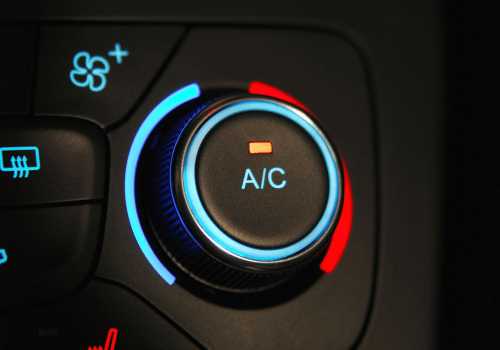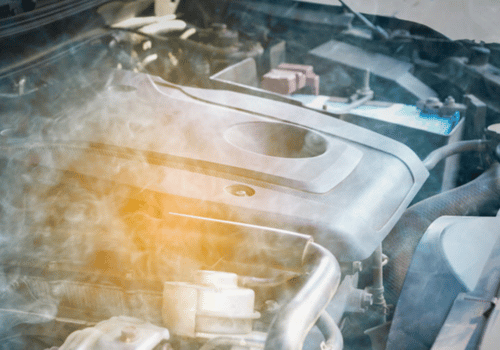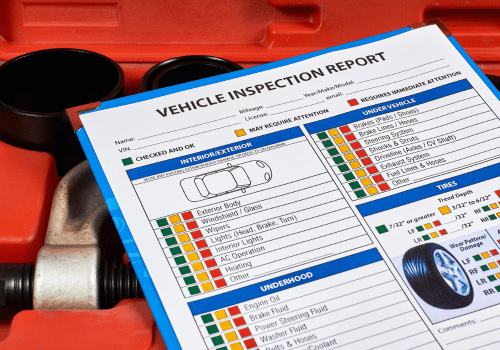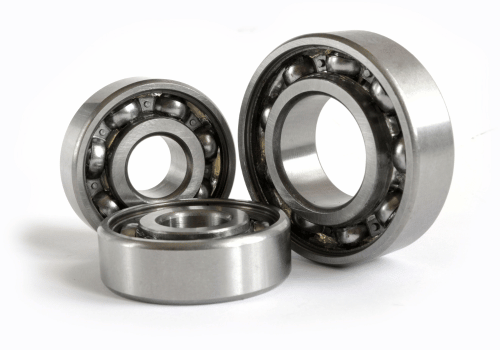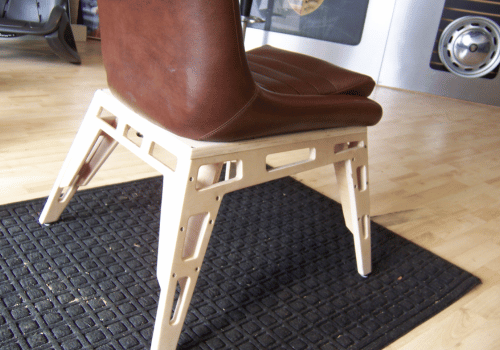Latest Auto Repair News

April 1, 2015
Long time client and all-around great guy, Jack Doughtery, stopped by to tell us a little more about his ’72 911T, and we managed to pass a few hours soaking in stories of Iwo Jima, leased car adventures, and his love of his 911… from day one. Sitting in his relaxed , cross-legged manner with […]
The post Single-owner 911, and the stories of Jack Dougherty appeared first on P3 Autokräfte.

Tech Q&A: What should I do to my car when I get it out of storage, before I start enjoying it again?
November 15, 2013
Ready to hit the road again? Follow these essential steps to safely revive your car after winter storage, from fluid checks to battery maintenance, ensuring a smooth and trouble-free ride.






